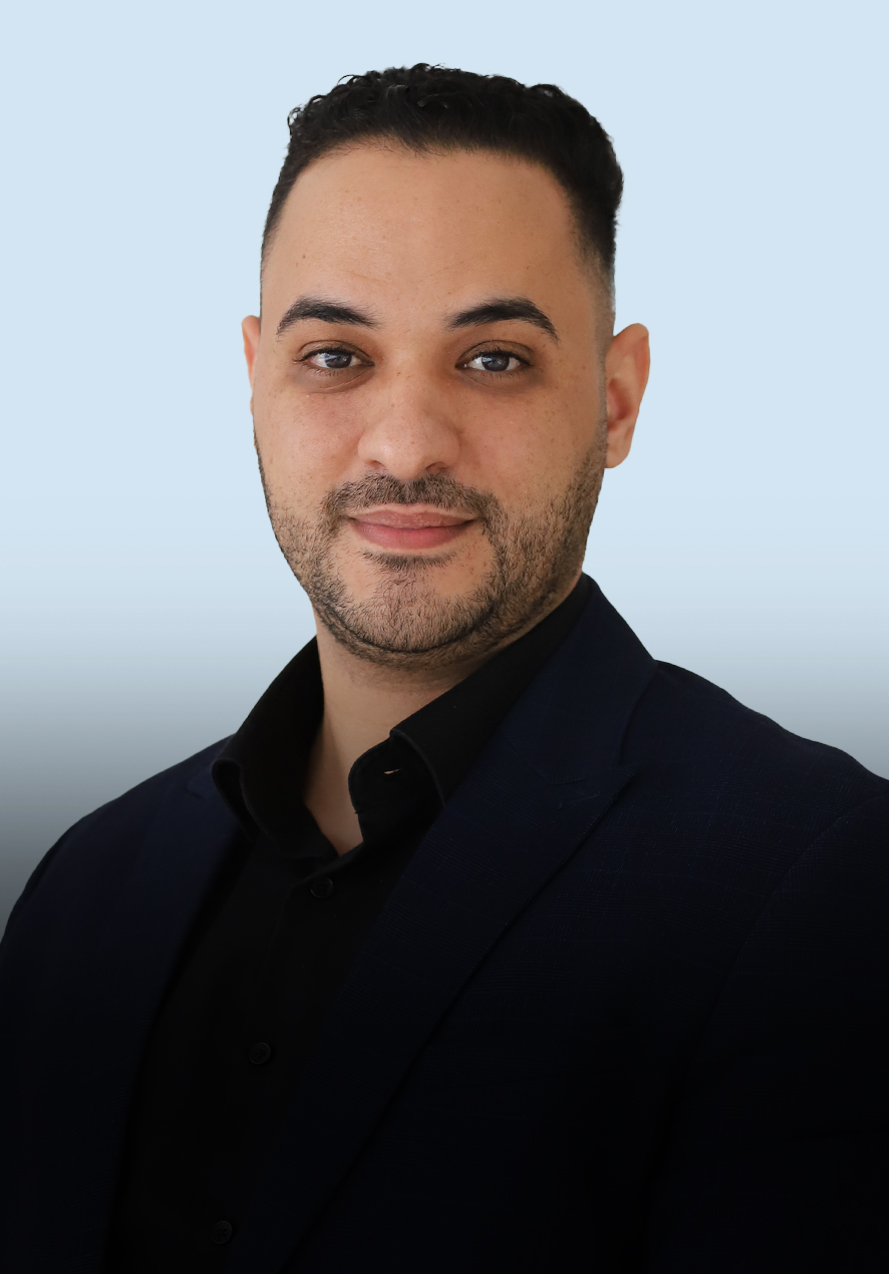حديث الثلاثاء: دور المغاربة المقيمين بالخارج في التنمية الاقتصادية والاجتماعية
ينص الفصل 16 من الدستور التزام المغرب بحماية حقوق ومصالح أفراد الجالية المغربية من خلال إعادة التأكيد على إرادة البلاد في الحفاظ على الروابط الإنسانية لأفراد الجالية مع المملكة وتطوير هذه الروابط، وكذلك تعزيز مساهمتهم في تنمية المغرب. إذ تشكل الجالية المغربية المقيمة بالخارج جزء لا يتجزأ من الوطن، تربطها ببلادها علاقة وطيدة لا تندثر رغم المسافة ومرور الزمن. كما تساهم الجالية في التنمية الوطنية، حيث تشكل التحويلات منبع رزق أساسي خاصة في المناطق القروية ومصدر من الدرجة الأولى للعملة الصعبة والاستثمار. وجلبت هذه المواضيع اهتمام الفاعلين المؤسساتيين والسلطات والقطاع الخاص في المغرب لتعزيز دور مغاربة العالم في تنمية بلادهم الأم وجعلهم في قلب استراتيجيات وأطر مؤسسية متنوّعة، الهدف منها تعبئة موارد ومهارات مغاربة العالم، ولا سيّما المالية منها والتكنولوجية.. فكيف يتم العمل من أجل تحقيق هذه الأهداف؟











